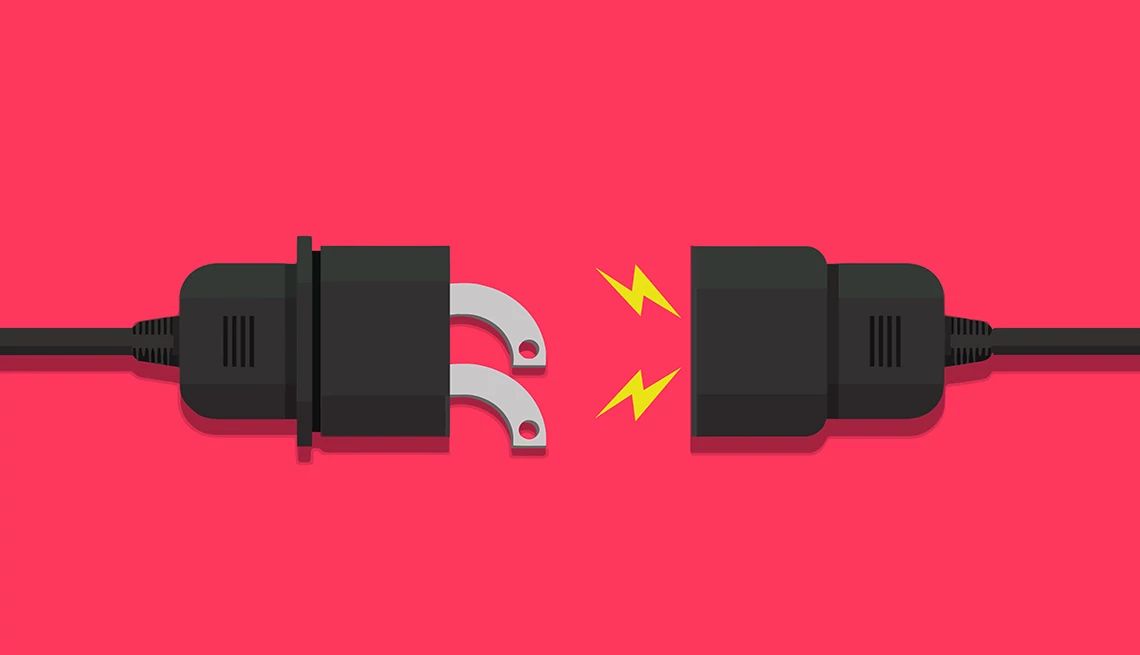AARP Hearing Center


Like a lot of you, I play Wordle, and recently I’ve been opening with PENIS and ERECT. Just a few days ago, I solved the puzzle on my third guess with SHAFT. Once again, the penis is dominating reader questions — and my brain space. In this week’s column, sexual health experts weigh in on how to orgasm with erectile dysfunction, a condition that affects many 50-plus men.
Our experts also tackle a reader’s question about how often you should masturbate. I’m a longtime fan of self-pleasure, and after learning about all the health benefits linked to it, I’m even more of a proponent.


In the Mood
For AARP’s In the Mood column, writer Ellen Uzelac will ask experts your most pressing 50+ sex and relationship questions. Uzelac is the former West Coast bureau chief for The Baltimore Sun. She writes frequently on sex, relationships, travel and lifestyle issues.
Can a man with erectile dysfunction have an orgasm?
As men get older, the chance of having erectile dysfunction, or ED, rises. Between the ages of 40 and 70, 52 percent of men will experience ED to some degree, according to urologist Abraham Morgentaler, author of The Truth About Men and Sex.
What many men don’t realize: You can have an orgasm, even with a flaccid penis. It’s just that you may not be able to ejaculate.
In that case, men can experience what’s called a “dry orgasm,” according to Evelin Dacker, a family physician in Salem, Oregon, who specializes in sexual health. Dry orgasms can be triggered by masturbation or oral sex. Generally, they’re not as high in intensity, but otherwise, she says, they don’t feel much different than a regular orgasm.
What can cause ED?
ED can occur when the penis is not getting enough blood to make it firm enough for insertion. Sometimes, according to Dacker, it’s an indicator of an overall health issue.
“The blood vessels in the penis are tiny, tiny, tiny,” she says, and conditions such as high blood pressure are going to impact those smaller vessels first. Other contributors to ED include low testosterone, smoking, diabetes and performance anxiety, as well as depression, relationship conflicts and stress.
But addressing the ED directly can also be helpful. As our sexual wellness experts discussed in a recent In the Mood column, a variety of treatment options are available to help men become erect — among them, oral meds, penile implants, vacuum pumps and sex therapy.
We’ve added two other avenues to explore here:
Prostate and perineum stimulation. “The prostate has a high concentration of nerve endings” that can be accessed with a toy or your partner’s finger, creating “friction against the anal wall that can result in orgasm,” according to Mike Johnson, a tantric sexologist certified by the American Board of Sexology.
The perineum is another erogenous zone. Johnson says, “The sensitive skin between the scrotum and anus ... houses a cluster of nerve endings that create sensations of pleasure in the penis and scrotum.” How? Through massage, a toy, a finger or your partner’s mouth, explains Johnson, who is also the author of Making the Love You Want.
Testosterone therapy. For some men, ED occurs due to a drop in testosterone levels that can result in weak erections, difficulty achieving orgasm and decreased libido.
Morgentaler, the Blavatnik Faculty Fellow in Health and Longevity at Harvard Medical School, says testosterone therapy can be successful for many men. Among the options: topical gels or creams, oral meds, injections and pellets (placed under the skin in the buttock area during a minor 5- to 10-minute office procedure using local anesthesia; treatment can last three to five months). If the ED is a consequence of low testosterone, Morgentaler says, replacement therapy can help boost sexual desire and the quality of erections.





































































You Might Also Like
I Can’t Have Sex With My Wife Because of Prostate Cancer. What’s Next for Us?
Plus a woman asks why sex is uncomfortable and burns afterwardsCan a Sexless Marriage Be Saved?
A man considers intimacy outside of a sexless marriage. And a woman dislikes sex
Recommended for You